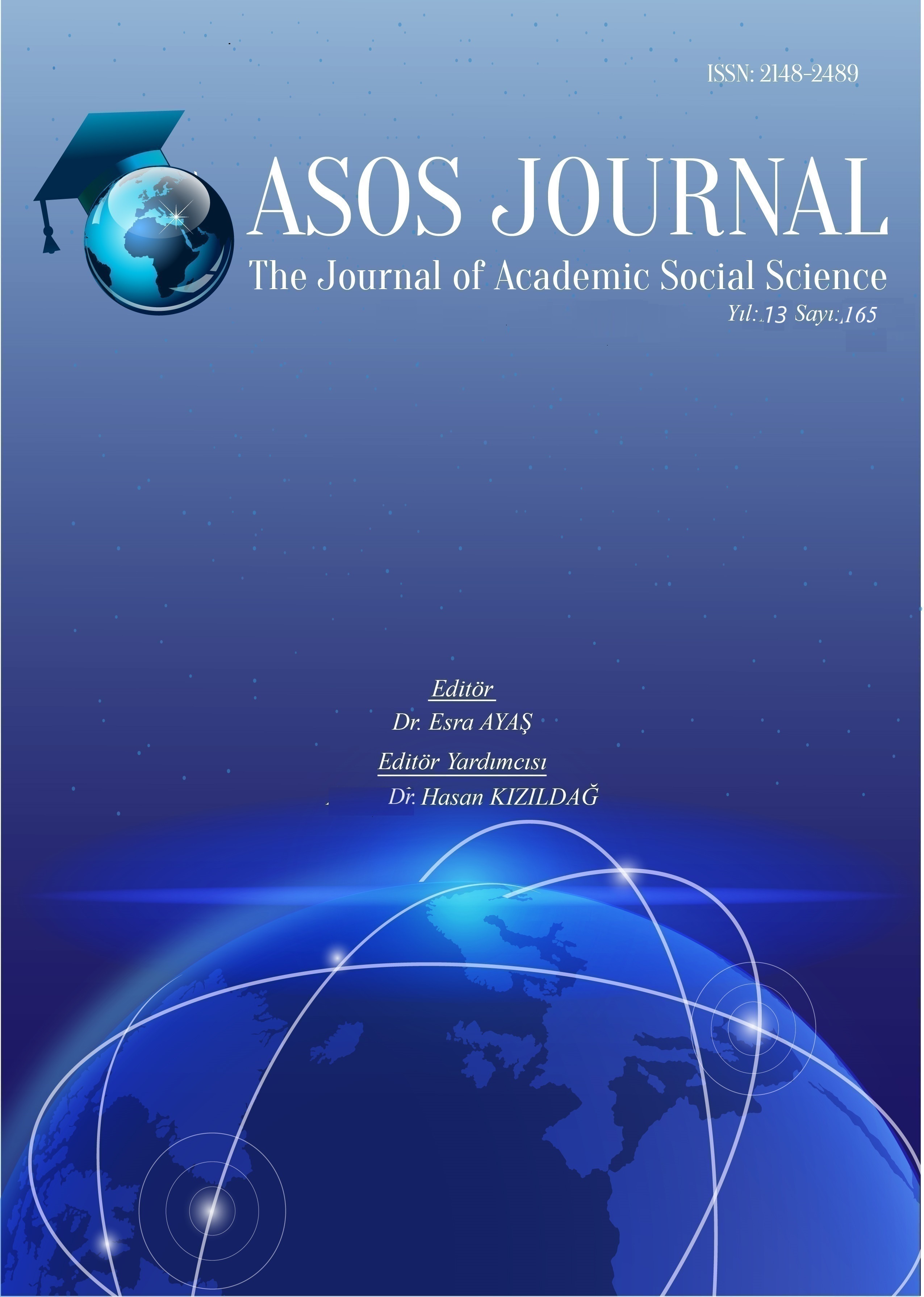Author :
Abstract
Hıristiyan demokrasi ve onunla ilişkili siyasi partilerin Batı Avrupa’da on dokuzuncu yüzyılın son çeyreği ve yirminci yüzyılın ilk yarısında kurulan Katolik partilerin çağdaş tezahürleri olması, bu siyasal harekete dinsel-kültürel bir boyut kazandırmaktadır. Diğer bir ifadeyle sadece Hıristiyan demokrasiyi değil onun politik ekonomisinin teorik dayanaklarını da Katolisizmin siyasal ve toplumsal boyutundan ayrı değerlendirebilmek olanaklı değildir. Nitekim Katolik Kilisesi her zaman sadece genel olarak inanç konusunda değil, inançlıların siyasal ve toplumsal meseleler hakkında nasıl düşünmeleri gerektiği konusunda da bağlayıcı açıklamalar yapan merkezi bir kurum olmuştur. Dolayısıyla bu çalışma, Hıristiyan demokrat ekonomi politiğinin temel unsurlarını ve dayanaklarını bu hareketin doğası gereği salt siyasal değerler üzerinden değil, ama aynı zamanda dinsel-kültürel değerler üzerinden de ele almaktadır. Söz konusu çalışma ayrıca Hıristiyan demokrat hareket ya da ideolojinin bir anlamda altın çağını yaşadığı İkinci Dünya Savaşı’nı izleyen ilk yirmi yılına odaklanmaktadır. Nitekim bu dönemde Hıristiyan demokrat hareket Almanya, İtalya ve Fransa başta olmak üzere Batı Avrupa’nın pek çok önemli ülkesine yalnızca siyaseten değil ama aynı zamanda sosyal ve ekonomik anlamda da yön vermiştir.
Keywords
Abstract
The fact that Christian democracy and the political parties associated with it are contemporary manifestations of the Catholic parties founded in Western Europe in the last quarter of the nineteenth century and the first half of the twentieth century gives this political movement a religious-cultural dimension. In other words, it is not possible to evaluate not only Christian democracy but also the theoretical foundations of its political economy apart from the political and social dimension of Catholicism. Indeed, the Catholic Church has always been a central institution that has made binding statements not only on faith in general but also on how believers should think about political and social issues. Therefore, this study analyzes the basic elements and foundations of the Christian democratic political economy not only in terms of political values but also in terms of religious-cultural values due to the nature of this movement. The study also focuses on the first two decades following the Second World War, when the Christian democratic movement or ideology was in a sense in its golden age. In this period, the Christian democratic movement shaped many important countries in Western Europe, especially Germany, Italy and France, not only politically but also socially and economically.





